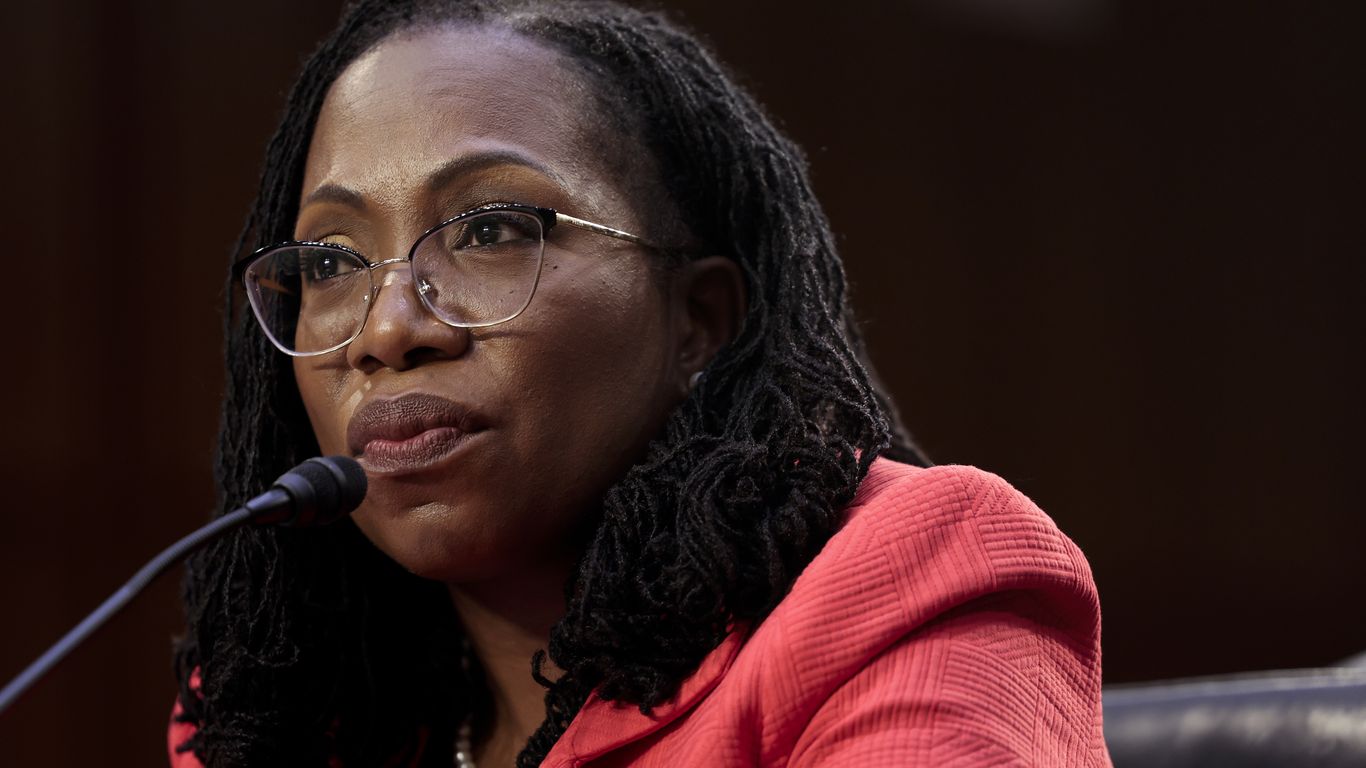Justice Ketanji Brown Jackson provided a revealing perspective on the dynamics of the Supreme Court during a recent event in Indiana. Speaking at a luncheon for the Indianapolis Bar Association, she addressed the significance of dissenting opinions and emphasized her commitment to using her voice within the Court.
Jackson, who was appointed by President Biden, has emerged as a notable dissenting figure, particularly during the term that concluded last month. According to data from SCOTUSblog, she authored 24 opinions, including more dissents than any other justice during this period. Her recent dissent followed a Supreme Court majority ruling that allowed the Trump administration to dismiss federal workers, which she argued could lead to the “widespread cancellation of federal programs and services” and threaten the structure of the Federal Government as established by Congress.
During the event, a federal judge inquired about the issues that weigh on her mind. Jackson responded candidly, stating, “The state of our democracy.” She expressed a strong desire for citizens to engage with and pay attention to developments within the government.
Collaboration and Courage in Dissent
Justice Jackson highlighted her collaborative approach when writing dissenting opinions. She noted that while the most senior justices typically draft the principal opinions and dissents, she occasionally seeks guidance from Justice Sonia Sotomayor, the Court’s most senior liberal member. Jackson described instances where she felt compelled to contribute her perspective on cases of personal significance.
“I will say, ‘Forgive me, Justice Sotomayor, but I need to write on this case,’ and it’s because I feel like I might have something to offer and something to add,” Jackson explained. Her willingness to express her views demonstrates a commitment to the judicial process and a dedication to addressing important issues.
Jackson’s remarks resonate with her ongoing mission to foster public engagement in democracy and government affairs. Her assertive stance on dissenting opinions reinforces the importance of diverse voices within the judiciary, particularly in a time when many feel the need for accountability and transparency in government.
As Justice Jackson continues her term, her commitment to speaking out on critical issues underscores the evolving role of the judiciary in American democracy. She remains a pivotal figure in shaping discussions around justice and governance, ensuring that dissenting voices are heard and considered in the highest court of the land.
